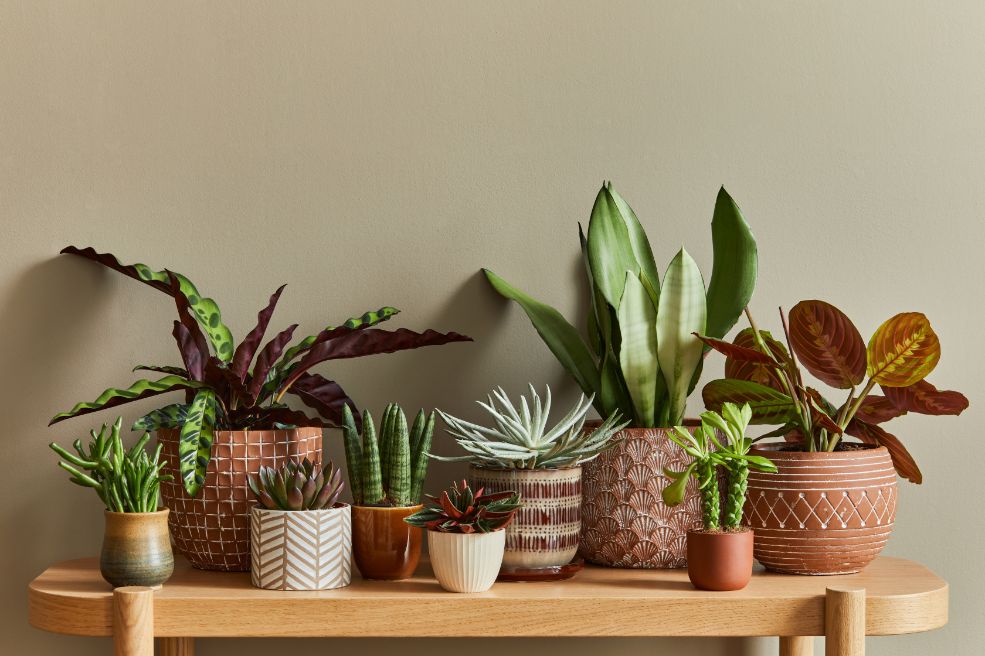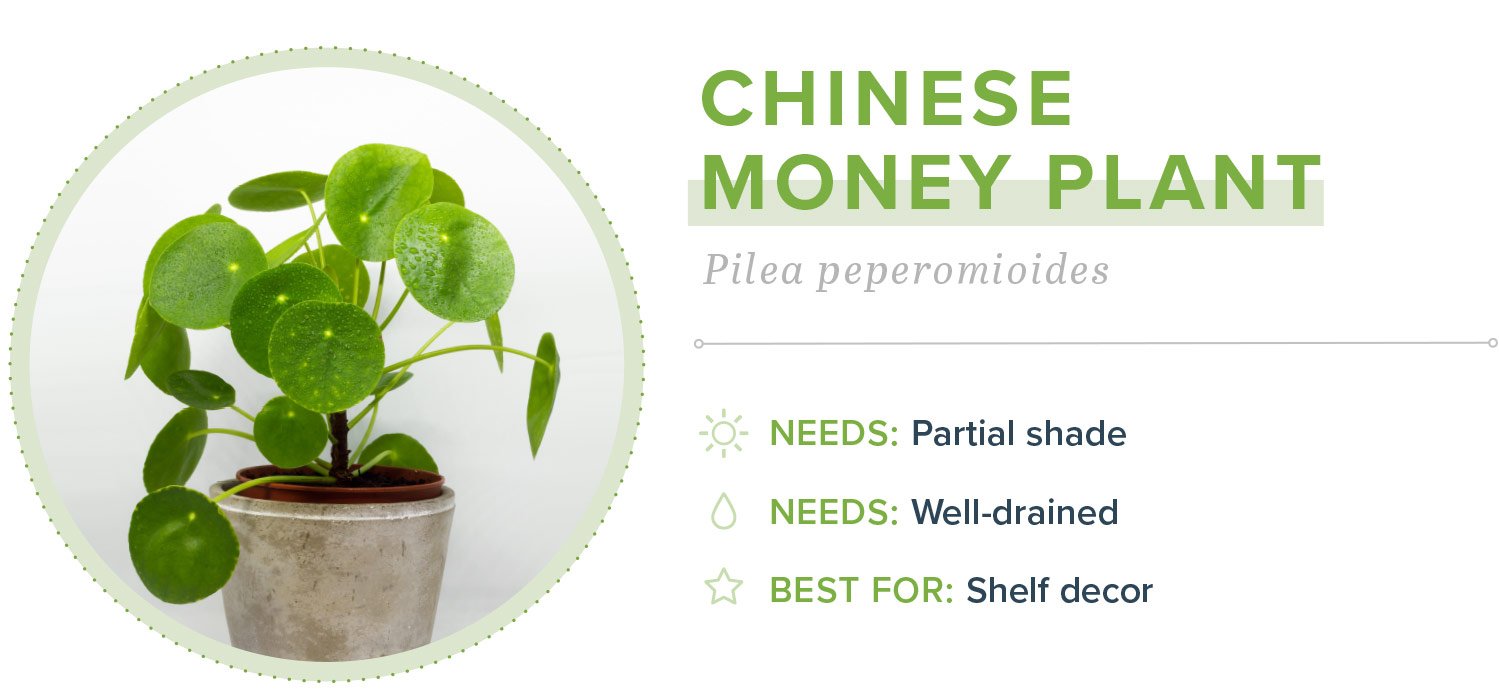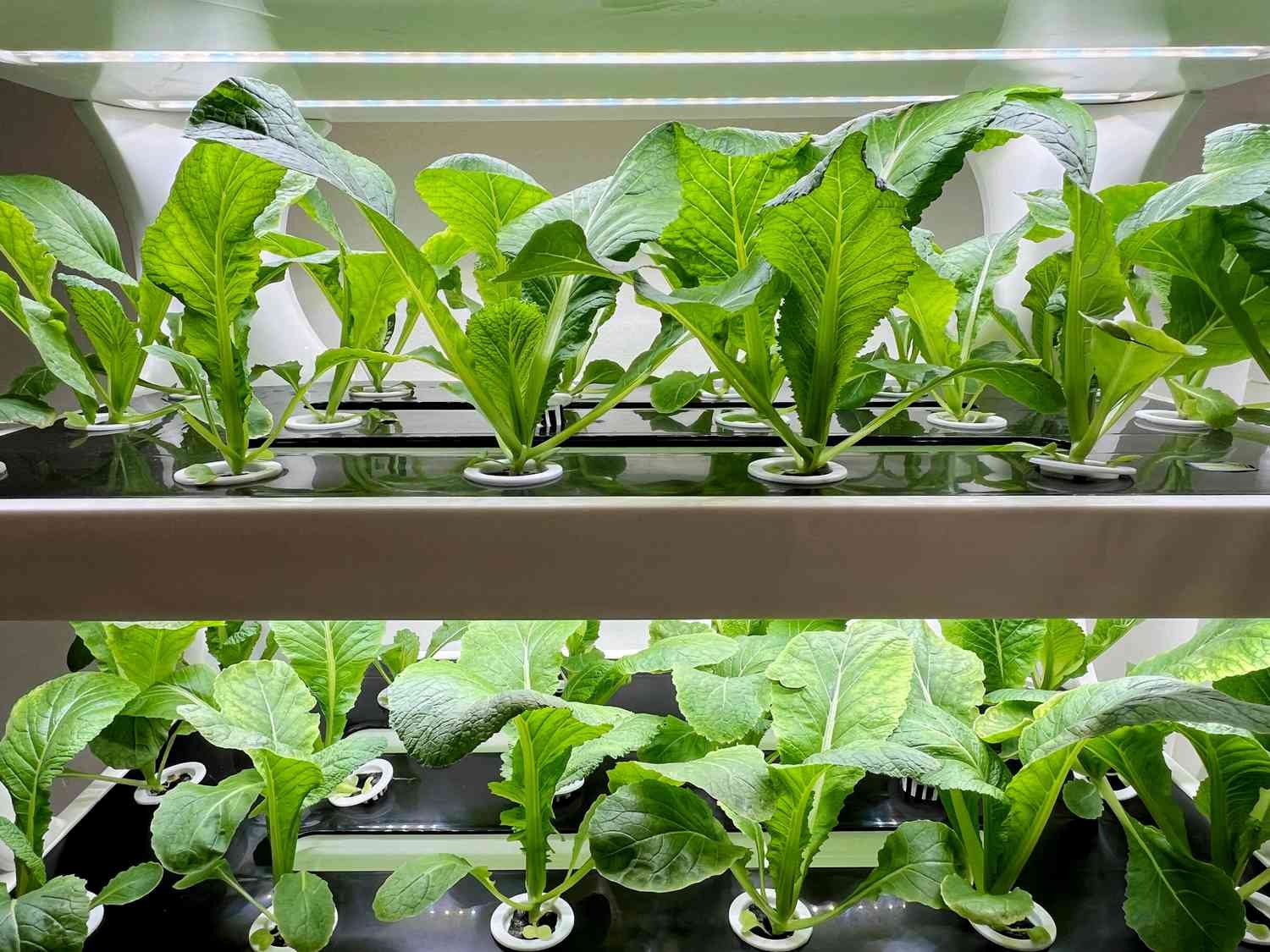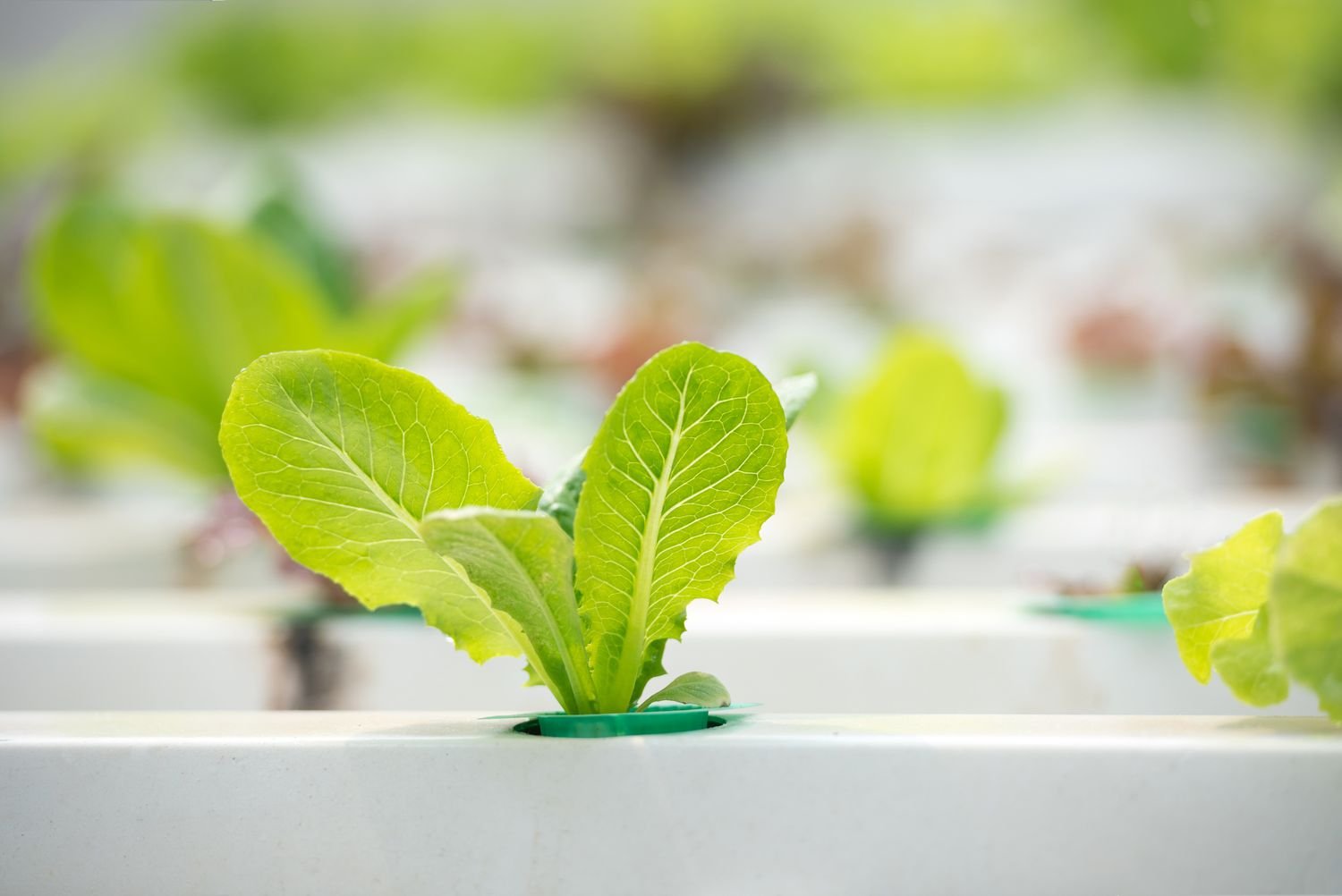Indoor plants add life to any space. They are perfect for brightening up a home.
But not all plants are easy to grow indoors. Curious about the easiest small plants to grow indoors? This guide will introduce you to some of the best options. Indoor plants not only make your home look good but also improve air quality.
Growing plants indoors can seem hard at first. But with the right choices, even beginners can succeed. We will explore small plants that are low-maintenance and thrive inside. These plants require minimal care, making them ideal for busy people. So, let’s dive in and discover the easiest small plants to grow indoors.
Best Small Plants For Beginners
Spider plants, pothos, and succulents are the easiest small plants to grow indoors. They thrive with minimal care and low light. Ideal for beginners.
Starting with indoor plants can be both exciting and rewarding. It’s a great way to bring nature indoors. If you’re new to this, choosing the right plants is key. You want plants that are easy to care for and resilient.Low Maintenance Choices
Some plants need less attention than others. Here are a few low-maintenance options:- Spider Plant: This plant is very forgiving. It thrives in indirect light and needs watering only when the soil is dry.
- Pothos: It can survive in low light and irregular watering. Its trailing vines add a touch of green to any space.
- Snake Plant: Also known as “Mother-in-law’s Tongue”, this plant tolerates low light and infrequent watering.
Hardy Indoor Options
Some plants are tougher and can handle various conditions. Consider these hardy options:| Plant | Care Tips |
|---|---|
| Zebra Plant | Needs bright, indirect light and moderate watering. It has striking striped leaves. |
| ZZ Plant | Thrives in low light and requires little water. It’s almost indestructible. |
| Peace Lily | Prefers low to bright indirect light. Water when the soil feels dry. It also helps purify the air. |
:max_bytes(150000):strip_icc()/home-organizing-gardening-indoor-foods-you-can-grow-indoors-01b-realsimple-e5055aec380b4aadb0abed061e1b8d2f.jpg)
Credit: www.realsimple.com
Choosing The Right Plants
Choosing the right plants for your indoor space can be fun. It’s important to select plants that are easy to care for and fit well with your home’s conditions. Here are some key factors to consider when selecting the easiest small plants to grow indoors.
Light Requirements
Light is crucial for plant growth. Different plants have different light needs. Some thrive in bright, direct sunlight, while others do well in low light conditions. Here are a few examples:
- Snake Plant: Tolerates low light and indirect sunlight.
- Spider Plant: Prefers bright, indirect light.
- Pothos: Grows well in low to medium light.
Ensure your chosen plants match the light available in your home. For areas with low light, consider plants like the Snake Plant or Pothos. For brighter spaces, the Spider Plant is an excellent choice.
Watering Needs
Proper watering is essential for healthy plants. Overwatering or underwatering can harm them. Here are some general guidelines:
| Plant | Watering Frequency |
|---|---|
| Succulents | Once every 2-3 weeks |
| Spider Plant | Once a week |
| Pothos | Once a week |
Succulents are great for those who forget to water often. They need water once every 2-3 weeks. Spider Plants and Pothos need watering once a week.
Always check the soil before watering. If the top inch of soil is dry, it’s time to water. This helps prevent overwatering and keeps your plants healthy.
Popular Small Indoor Plants
Small indoor plants can brighten up any space. They are easy to care for and bring a touch of nature inside. Many people love them because they fit well in small apartments and offices. Let’s explore some popular choices.
Succulents And Cacti
Succulents and cacti are very popular. They are known for their ability to store water. This makes them very low-maintenance.
- Aloe Vera: Great for its medicinal properties. Needs bright, indirect sunlight.
- Jade Plant: Also known as the money plant. Thrives in well-drained soil.
- Echeveria: Has beautiful, rosette-shaped leaves. Prefers a sunny spot.
- Christmas Cactus: Blooms in winter. Needs moderate light and water.
Air Plants
Air plants are unique. They don’t need soil to grow. They absorb moisture and nutrients through their leaves.
- Tillandsia Ionantha: Small and easy to care for. Likes bright, indirect light.
- Tillandsia Xerographica: Larger air plant. Needs bright light and occasional misting.
- Tillandsia Bulbosa: Has a unique, twisted shape. Prefers indirect light and high humidity.
:max_bytes(150000):strip_icc()/houseplants-getty-0820-226e798aabf040edb584602e2c5dfd3b.jpg)
Credit: matsuoutdoorsmanshow.com
Easy-to-care-for Herbs
Growing herbs indoors can be rewarding and simple. Easy-to-care-for herbs are perfect for beginners. They require minimal attention and are quite hardy. Plus, they add flavor to your meals. Let’s explore some of the easiest herbs to grow indoors.
Basil And Mint
Basil is a popular choice for indoor gardening. It thrives in bright light and warm temperatures. Water it regularly but avoid overwatering. Basil adds a fresh taste to many dishes.
Mint is another easy herb. It grows quickly and needs little maintenance. Mint prefers moist soil and indirect sunlight. It brings a refreshing flavor to teas and desserts.
Parsley And Chives
Parsley is a versatile herb. It does well in moderate light and regular watering. Parsley enhances the flavor of soups, salads, and many other dishes.
Chives are one of the simplest herbs to grow. They need bright light and well-drained soil. Chives add a mild onion flavor to your meals. Both parsley and chives can thrive indoors with minimal effort.
Low Light Indoor Plants
Low light indoor plants are perfect for people with limited sunlight. They thrive in shaded areas and require minimal care. These plants not only brighten up your space but also improve air quality. Let’s explore two easy-to-grow options that flourish in low light conditions.
Snake Plant
The Snake Plant, also known as Sansevieria, is extremely hardy. It can survive in low light and low water conditions. This plant has tall, upright leaves with striking green patterns. It’s perfect for beginners because it doesn’t need much attention. Just water it once every few weeks. It will reward you with fresh air and beauty.
Zz Plant
The ZZ Plant, or Zamioculcas Zamiifolia, is another great choice. It has glossy, dark green leaves that add elegance to any room. This plant is drought-tolerant and thrives in low light. It requires minimal watering and can go for weeks without care. The ZZ Plant is perfect for those with a busy schedule. Its resilience and beauty make it a favorite among indoor plant enthusiasts.
Flowering Small Plants
Flowering small plants add color and life to indoor spaces. They are easy to grow and care for. These plants not only beautify your home but also improve air quality. Let’s explore some of the easiest flowering small plants you can grow indoors.
African Violets
African Violets are popular indoor plants. They have vibrant, colorful flowers. These plants thrive in indirect sunlight. Place them near a north or east-facing window. Use a well-draining potting mix. Water them from the bottom to prevent leaf damage. They bloom year-round with proper care.
Peace Lily
Peace Lilies are elegant plants with white flowers. They do well in low light. Keep them in a warm, humid spot. Water them once a week. Allow the soil to dry out between waterings. Peace Lilies also help purify the air. They are perfect for busy people.
Tips For Successful Indoor Gardening
Indoor gardening can be a rewarding hobby. It brings nature inside your home, purifies the air, and adds a touch of green. To ensure success, follow these tips for growing small plants indoors. Proper potting and fertilizing techniques are essential. Let’s dive in.
Proper Potting
Use the right pot for your plant. Ensure it has drainage holes. This prevents water from pooling at the bottom. Choose a potting mix suitable for indoor plants. It should be well-draining. Avoid using garden soil. It may contain pests or diseases. Repot plants when they outgrow their containers. This gives them more room to grow. Water plants as needed. Overwatering can harm them.
Fertilizing Techniques
Fertilize your indoor plants regularly. Use a balanced, water-soluble fertilizer. Follow the instructions on the package. Over-fertilizing can damage plants. Feed them once a month during the growing season. Reduce feeding in winter. Plants need less nutrients when they are dormant. Watch for signs of nutrient deficiency. Yellow leaves or stunted growth may indicate a problem. Adjust your fertilizing schedule as needed. Healthy plants are happy plants.

Credit: kiccghana.com
Common Mistakes To Avoid
Growing small plants indoors can be a rewarding experience. But some common mistakes can hinder your plant’s growth. Avoiding these mistakes ensures your plants thrive and look beautiful.
Overwatering Issues
One frequent mistake is overwatering. Many think more water means healthier plants. This is not true. Overwatering can lead to root rot. Roots need air as much as they need water. Ensure your plant pots have drainage holes. Allow the soil to dry out between waterings. Check the soil moisture before adding more water. Use your finger to feel the top inch of soil. If it feels dry, it’s time to water. If it’s still moist, wait a day or two.
Ignoring Light Conditions
Another mistake is ignoring light conditions. Light is vital for plant growth. Each plant has different light needs. Some need bright light, while others thrive in low light. Place plants in appropriate spots based on their light needs. South-facing windows provide the most light. North-facing windows offer less light. Rotate your plants occasionally to ensure even growth. Consider using grow lights if natural light is insufficient. Always research your plant’s specific light requirements.
Frequently Asked Questions
What Are Some Easy Indoor Plants For Beginners?
Spider plants, pothos, and peace lilies are perfect for beginners. They require minimal care and can thrive in low light.
How Often Should I Water Small Indoor Plants?
Water small indoor plants once a week. Ensure the soil is dry before watering to prevent overwatering.
Can Indoor Plants Improve Air Quality?
Yes, indoor plants can improve air quality. They absorb toxins and release oxygen, creating a healthier environment.
What Indoor Plants Need Little Sunlight?
Snake plants, ZZ plants, and philodendrons thrive with little sunlight. They are ideal for low-light conditions.
Conclusion
Growing small indoor plants is simple and rewarding. Many options suit beginners. Think about plants like succulents, spider plants, or pothos. They need little care and thrive indoors. They also improve air quality and add beauty. Start with one or two plants to see how it goes.
With minimal effort, you can enjoy a greener home. Happy planting!






